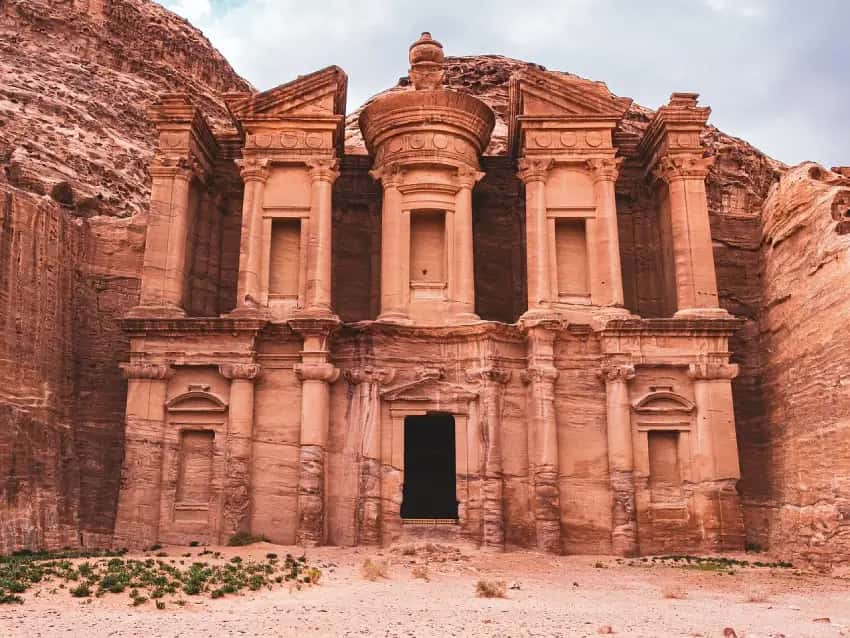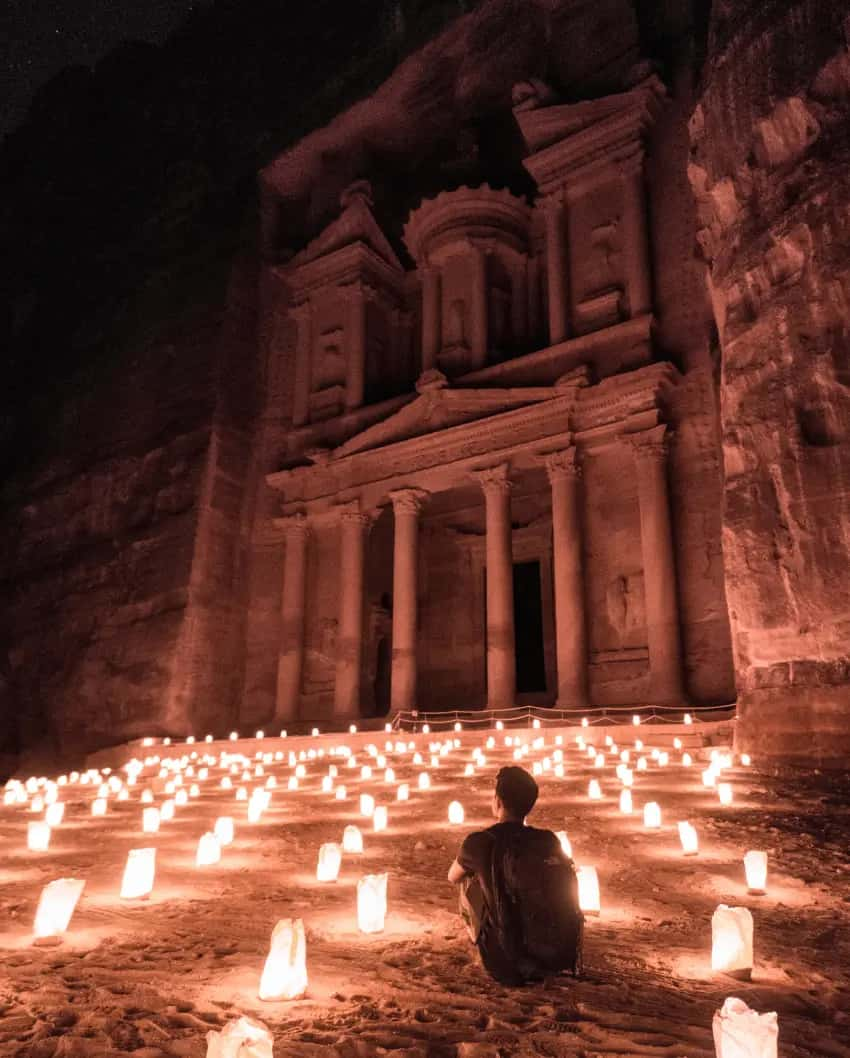
Jerash, often referred to as the "Pompeii of the East" and the "City of 1,000 Columns," is one of the most well-preserved ancient Roman cities in the world. Located in the north of Jordan, Jerash offers a captivating glimpse into the grandeur of the Roman Empire and its architectural prowess. This article explores the historical significance of Jerash, highlighting its ancient origins, key structures, and the cultural heritage it represents.
Jerash, known as Jerash Gerasa in antiquity, dates back to the Neolithic period, with evidence of human settlements as early as 7500 BC. However, its prominence rose during the Hellenistic period after the conquest of Alexander the Great in the 4th century BC. Jerash reached its zenith during the Roman period, becoming one of the ten cities of the Decapolis—a group of ten cities on the eastern frontier of the Roman Empire in the southeastern Levant.
Jerash flourished under Roman rule, benefiting from its strategic location on trade routes and the Pax Romana, which provided political stability and economic prosperity. The city's golden age spanned the 1st to the 3rd centuries AD, during which it saw extensive construction of public buildings, temples, and infrastructure.
Jerash City is renowned for its well-preserved ruins, which showcase the grandeur of Roman urban planning and architecture. Some of the most significant structures include:
Erected in 129 AD to commemorate Emperor Hadrian’s visit, Hadrian’s Arch stands as an impressive gateway to the ancient city. The arch, originally taller and more decorated, marks the ceremonial entrance and symbolizes the city’s significance within the Roman Empire.
The Hippodrome is a massive arena that could accommodate up to 15,000 spectators. It hosted chariot races, athletic competitions, and other public spectacles. Today, visitors can witness reenactments of Roman chariot races, bringing the ancient sport to life.
The Oval Plaza, an architectural marvel, is a unique, elliptical forum surrounded by 56 Ionic columns. It served as the city's main social and political hub, hosting markets, public gatherings, and ceremonies.
The Cardo Maximus is the main street of Jerash, stretching over 800 meters and lined with columns on both sides. This colonnaded street was the city's commercial artery, featuring shops, public buildings, and fountains.
The Temple of Zeus, situated on the city’s southern hill, and the Temple of Artemis, the patron goddess of Jerash, are among the most striking religious structures. The Temple of Artemis, in particular, is noted for its impressive size and the fine craftsmanship of its Corinthian columns.
Jerash boasts two well-preserved Roman theaters: the South Theater and the North Theater. The South Theater, the larger of the two, could seat around 3,000 spectators and is still used for performances during the Jerash Festival of Culture and Arts.
Jerash Jordan is not only a testament to Roman engineering and urban planning but also a symbol of Jordan's rich cultural heritage. The city’s annual Jerash Festival of Culture and Arts celebrates this legacy, featuring music, dance, and theatrical performances amidst the ancient ruins. This festival attracts artists and visitors from around the world, fostering cultural exchange and appreciation.
The preservation and study of Jerash provide valuable insights into the daily life, religion, and governance of a major Roman provincial city. Archaeological excavations continue to uncover new aspects of Jerash’s history, contributing to our understanding of the ancient world.
Preserving Jerash’s ancient structures is a priority for Jordanian authorities and international organizations. Efforts include restoration projects, site maintenance, and protective measures against environmental and human-induced damage. The site is managed by the Jordanian Department of Antiquities, which works closely with UNESCO and other entities to ensure its preservation for future generations.
Jerash City Jordan, the "City of 1,000 Columns," stands as a remarkable example of Roman architecture and urbanism. Its historical significance extends beyond its impressive ruins; it represents a bridge between ancient civilizations and the modern world. Visiting Jerash is a journey through time, offering a profound appreciation for the ingenuity and cultural achievements of the ancient Romans. For travelers and historians alike, Jerash remains a must-visit destination that continues to inspire awe and admiration.
“In my opinion, I believe a good writer makes content easy to read, and entertains the reader, making comprehension effortless. Egypt is a country that truly has it all. Its rich history, stunning landscapes, and friendly people make it a must-visit destination for any traveler. I hope you'll have the opportunity to experience it for yourself.
By Egypt Travel Blogger.webp.webp&w=3840&q=60)
Embark on an unforgettable 7 Days Egypt And Jordan Tours. Discover iconic landmarks, immerse in rich history, and marvel ...
$ 1499 | Per Person

Embark on the ultimate adventure with our 11-day Best Egypt and Jordan tours. From Cairo's iconic landmarks to a luxurio ...
$ 2349 | Per Person

Embark on the epitome of luxury with our Egypt and Jordan tours in 10 nights. From the ancient allure of Cairo to the ma ...
$ 2499 | Per Person

Embark on an unforgettable journey through Egypt and Jordan, exploring ancient wonders, cruising the Nile, and discoveri ...
$ 2399 | Per Person

Discover the wonders of Jordan and Egypt with our immersive Petra and Egypt Tours. Explore Petra, the rose city and maje ...
$ 2499 | Per Person